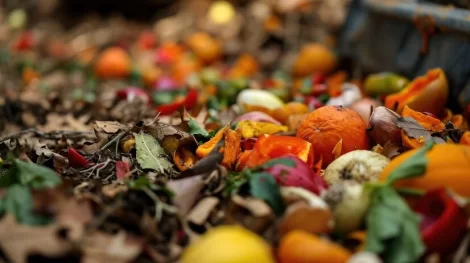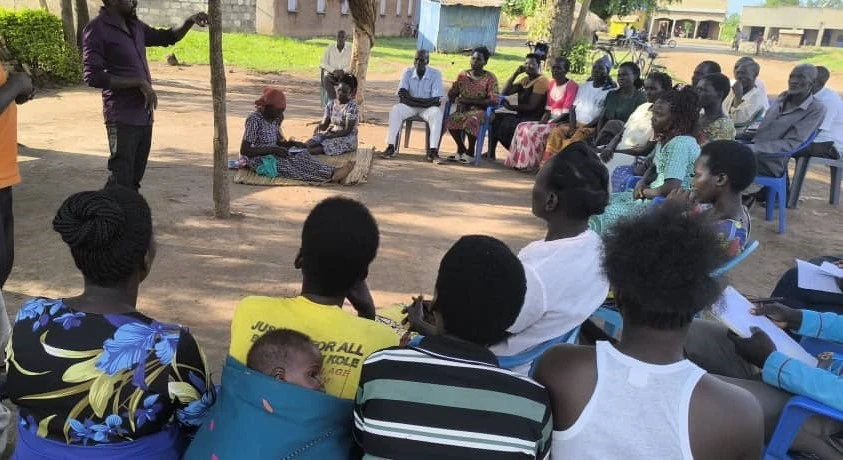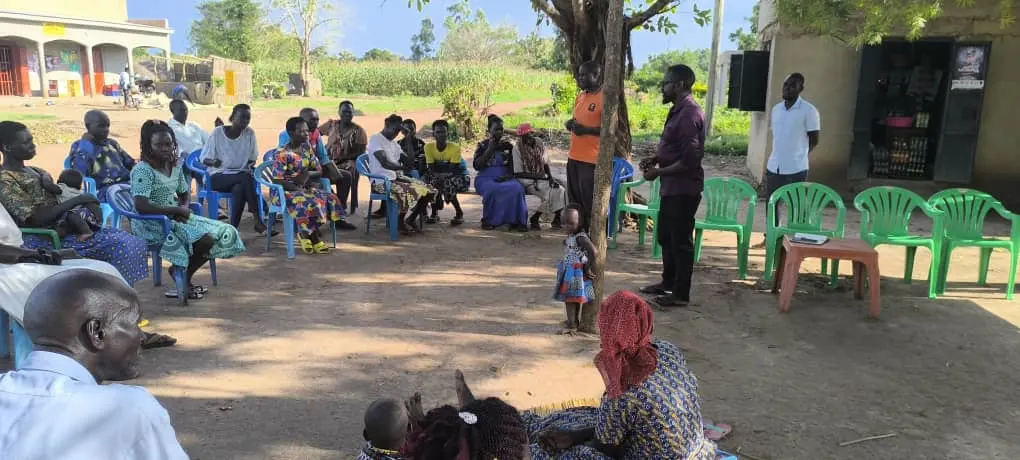Food waste is a significant issue that affects global food security, the economy, and the environment. According to the United Nations, nearly one-third of all food produced for human consumption is lost or wasted each year. At Agrosahas International PVT LTD, we are committed to addressing this challenge by implementing effective food waste reduction strategies throughout the supply chain, from farm to table. Our holistic approach not only helps conserve resources but also ensures that more food reaches those in need.
Understanding the Farm to Table Approach
The “farm to table” approach refers to the journey that food takes from the time it is produced on the farm until it is consumed at the table. This concept emphasizes the importance of transparency, sustainability, and efficiency throughout the entire food supply chain. By focusing on each stage of the process—from production, harvesting, and processing to distribution, consumption, and waste management—Agrosahas aims to minimize food waste and promote a more sustainable food system.
Effective Ways to Reduce Food Waste
Reducing food waste requires a multi-faceted approach that involves all stakeholders in the food supply chain, including farmers, processors, distributors, retailers, and consumers. Agrosahas employs several strategies to tackle food waste at every stage:
- Optimizing Harvesting Techniques
By using advanced agricultural practices and technologies, Agrosahas helps farmers optimize their harvesting processes to reduce the amount of produce left in the field. This ensures that more food is harvested and less is lost due to improper timing or handling.
- Improving Storage and Transportation
Post-harvest losses are a significant contributor to food waste. Agrosahas supports farmers by providing access to proper storage facilities, such as cold storage units, and efficient transportation solutions that prevent spoilage during transit.
- Enhancing Food Processing Efficiency
In the processing phase, Agrosahas promotes the use of efficient technologies that minimize waste by utilizing all parts of the produce. For example, by-products from food processing can be repurposed for animal feed, bioenergy, or composting.
- Educating Consumers
Consumer behavior plays a crucial role in food waste reduction. Agrosahas engages in educational campaigns to raise awareness about the importance of reducing food waste at home. We provide tips on proper food storage, meal planning, and portion control to help consumers make the most of the food they purchase.
- Collaborating with Retailers
Agrosahas partners with retailers to implement waste-reduction practices such as donating unsold food to food banks or charities, offering discounts on near-expiry products, and adopting inventory management systems that reduce overstocking and spoilage.
Methods of Food Waste Management
Effective food waste management is essential for minimizing the environmental impact of food waste and maximizing resource recovery. Agrosahas employs several methods to manage food waste responsibly:
- Composting
Composting is a natural process that converts organic waste into nutrient-rich soil amendments. Agrosahas encourages farmers and food processors to compost food scraps and agricultural residues, returning valuable nutrients to the soil and reducing the need for chemical fertilizers.

- Anaerobic Digestion
Anaerobic digestion is a process that breaks down organic waste in the absence of oxygen, producing biogas (a renewable energy source) and digestate (a nutrient-rich fertilizer). Agrosahas promotes the use of anaerobic digestion as a way to manage food waste while generating energy and valuable by-products.
- Food Donation
Surplus food that is still safe for consumption can be donated to food banks, shelters, and other organizations that support those in need. Agrosahas collaborates with food producers, retailers, and distributors to ensure that edible food is not wasted but instead reaches people who can benefit from it.
- Recycling and Repurposing
In cases where food waste cannot be avoided, Agrosahas advocates for recycling and repurposing waste materials. This includes turning food waste into animal feed, bioenergy, or industrial products, thereby reducing the amount of waste that ends up in landfills.
Reducing Waste in Food Manufacturing
Food manufacturing is a critical stage in the supply chain where waste can occur due to inefficiencies in processing, packaging, and quality control. Agrosahas is committed to helping food manufacturers reduce waste through innovative solutions:
- Process Optimization
By streamlining manufacturing processes, Agrosahas helps food producers minimize waste generated during production. This includes optimizing cutting, peeling, and sorting processes to ensure that as much of the raw material as possible is used.
- Packaging Innovations
Packaging plays a vital role in preserving food quality and extending shelf life. Agrosahas supports the development and adoption of sustainable packaging solutions that reduce waste and environmental impact. This includes the use of biodegradable, recyclable, or reusable packaging materials.
- Quality Control Improvements
Implementing stringent quality control measures can prevent food from being discarded due to minor imperfections. Agrosahas works with manufacturers to establish standards that focus on product safety and quality while minimizing unnecessary waste.
- Employee Training
Training employees in food waste reduction practices is essential for achieving waste reduction goals. Agrosahas provides training programs for food manufacturing staff, focusing on efficient use of resources, waste prevention, and proper waste handling.
Conclusion
Agrosahas International PVT LTD is dedicated to reducing food waste across the supply chain, from farm to table. Our comprehensive approach addresses food waste at every stage, ensuring that resources are used efficiently, and more food reaches those who need it. By optimizing harvesting techniques, improving storage and transportation, enhancing processing efficiency, and educating consumers, we are making significant strides toward a more sustainable food system.




